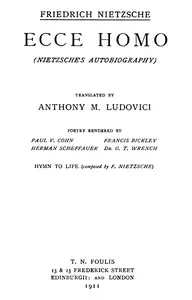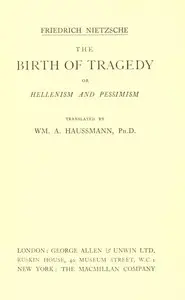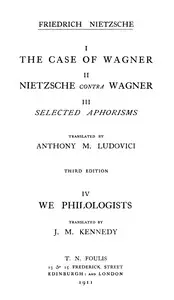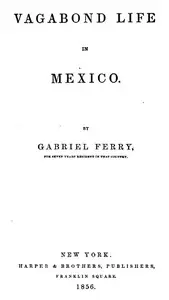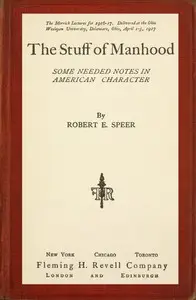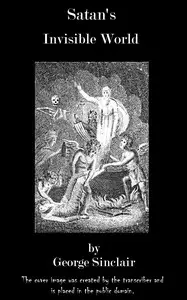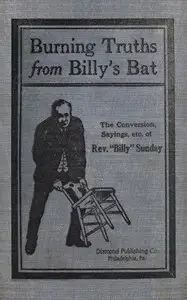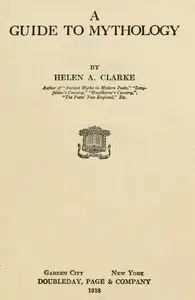"Thoughts Out of Season, Part II" by Friedrich Wilhelm Nietzsche is a philosophical work written in the late 19th century. This text consists of two essays, one addressing the "use and abuse of history" and the other titled "Schopenhauer as Educator." The book explores Nietzsche's critiques of historical culture and philosophy while advocating for a more dynamic and life-affirming approach to human existence. The opening of the volume sets the stage for Nietzsche's examination of the historical sense, which he considers a malady that stifles action and vitality. He argues that excessive focus on the past can overwhelm individuals, preventing them from forming a robust connection to the present. Nietzsche contrasts this with the importance of forgetfulness for life and action, suggesting that a certain degree of "unhistorical" living promotes happiness. He uses vivid metaphors, such as comparing humans burdened by history to beasts that live in the moment, to illustrate his point. Overall, this initial segment of the book emphasizes Nietzsche's view that while history is valuable, it should serve life rather than hinder it, setting a foundation for his thoughts on how individuals and cultures might thrive by integrating the past without becoming enslaved to it. (This is an automatically generated summary.)
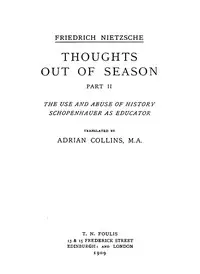
Thoughts Out of Season, Part II
By Friedrich Wilhelm Nietzsche
"Thoughts Out of Season, Part II" by Friedrich Wilhelm Nietzsche is a philosophical work written in the late 19th century. This text consists of two e...
Friedrich Wilhelm Nietzsche was a German classical scholar, philosopher, and critic of culture, who became one of the most influential of all modern thinkers. He began his career as a classical philologist before turning to philosophy. He became the youngest person to hold the Chair of Classical Philology at the University of Basel in Switzerland in 1869, at the age of 24, but resigned in 1879 due to health problems that plagued him most of his life; he completed much of his core writing in the following decade. In 1889, at age 44, he suffered a collapse and afterward a complete loss of his mental faculties, with paralysis and probably vascular dementia. He lived his remaining years in the care of his mother until her death in 1897, and then with his sister Elisabeth Förster-Nietzsche. Nietzsche died in 1900, after experiencing pneumonia and multiple strokes.


